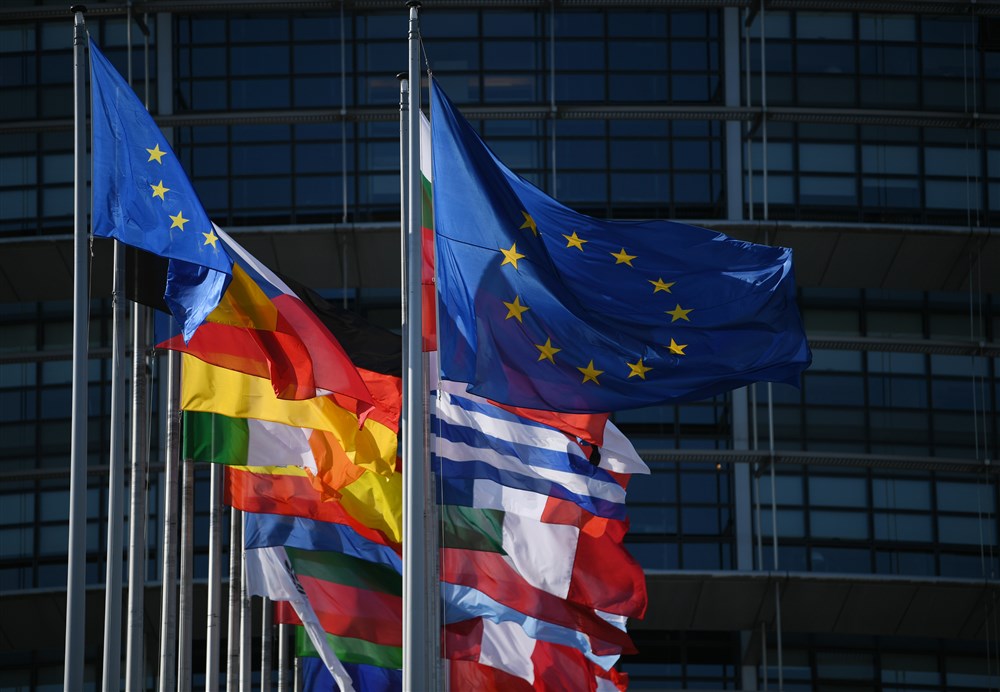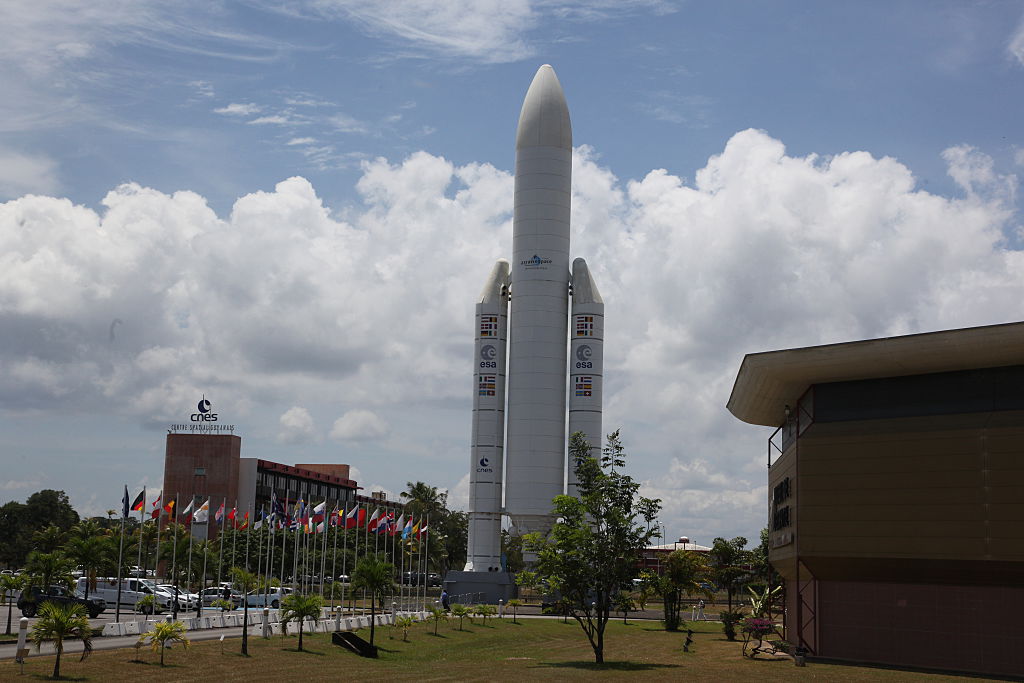Political division has riven Spain ahead of its general election on July 23.
Intense polarisation has arisen after Prime Minister Pedro Sánchez, of the Spanish Socialist Party (PSOE), called for a snap general election following heavy defeats in regional and local contests on May 28. Since then there has been what appears to be a significant reconfiguration of the political forces in the country.
An emboldened Right wing, led by the Popular Party (PP) and the Conservative Vox, has seemingly pushed the Liberal ‘middle of the road’ Citizen’s party aside in Spain’s political landscape.
Meanwhile, the Spanish Socialist Workers’ Party (PSOE) and its affiliates have grouped together under a new umbrella movement called Sumar, led by Spain’s current Vice President and Minister of Labour Yolanda Díaz.
PSOE, PP, Vox, and Sumar have all launched their official election campaigns and outlined their intended governing programmes this week. With fewer than 20 days to go until Spaniards vote – the first time a general election has been held in the summer months – forecasts among political observers are divided.
While the latest polls predict a PP victory, they also seem to illustrate a lack of cohesion among potential left- and right-wing coalition partners.
In its latest forecast, the Center for Sociological Research (CIS), Spain’s official social science research institution, gives the PP between 122 and 140 seats in the Spanish Congress. Its parliamentary ally, Vox, would get between 21 and 29 places. According to this prediction, the two parties that today have governing arrangements in four of the 17 Spanish Autonomous Communities and seven of its biggest cities, would not hit the 176 seat target in parliament they would need to form a governing right-wing coalition.
The CIS’ most optimistic prediction for the Left gives Sánchez’s PSOE and Díaz’s Sumar a parliamentary majority of 185 seats.
However, in the past four years, many in the opposition and the media have accused the CIS and its president José Felix Tezanos of misrepresenting its predictions, favouring Sánchez. They cite the fact that it was he who has granted the institution more than €56 million in taxpayer money since he assumed the premiership in 2018, after winning a vote of no confidence against the former PP prime minister.
The CIS poll is the only forecast that predicts a left-wing majority. Other predictions see a government headed by Alberto Núñez Feijóo, the leader of the PP, with the support of Vox president Santiago Abascal as more likely.
GAD 3’s latest poll gives them 152 and 31 seats, respectively. Those numbers mirror NC Report’s that see the potential coalition having a combined total of more than 180 seats.
While it’s almost certain neither PSOE nor PP will rule Spain alone, all polls agree either one of them could lead a governing coalition.
The first debate of the election campaign will take place on July 10, with just the two lead contenders, Sánchez and Feijóo, taking part.





